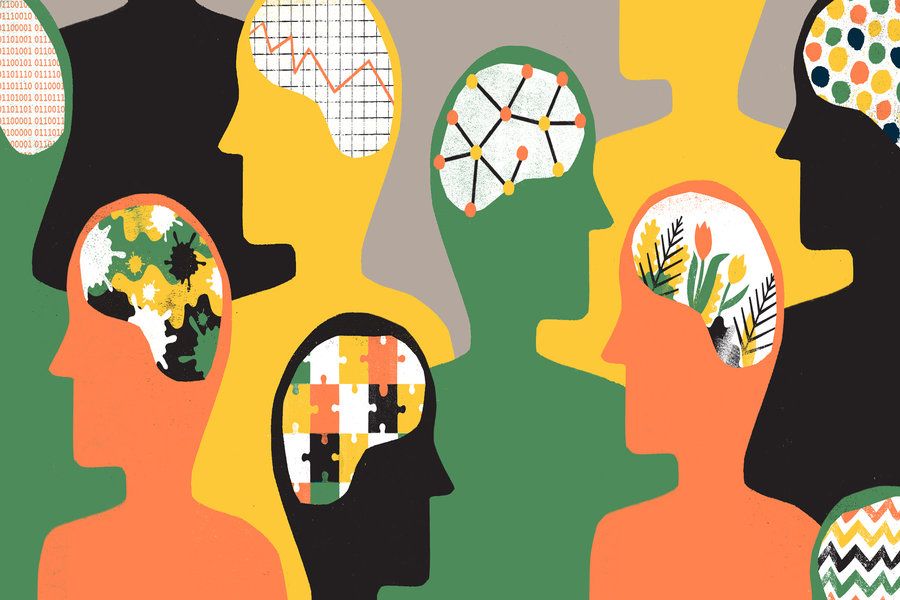How Understanding Different Personality Types Improves Team Dynamics
Reading Time:
Reading Time:

Employee management thrives on understanding the diverse personality types within teams. Personality profiling aids employees in recognizing their own traits and those of their colleagues, fostering conflict resolution, enhancing relationship building, and promoting effective collaboration. This insight empowers managers to optimize team dynamics, leading to improved teamwork and organizational success.
As humans, we are social creatures. It is natural for us to care for each other and cooperate with each other. And most of our happiness comes in the context of our relationships with others.
But when you bring a group of people together in the workplace, you can't guarantee that they'll work together the way you want them to. You may have a team with the most talented people, but you still don't see them working as a cohesive unit.
Too often companies only focus on the functional aspect of a team. But building high-performing teams is not just about ensuring employees have the right skills and technical capabilities to complete the required tasks.
It's also about creating healthy team dynamics so that everyone can work together cohesively. And team dynamics depend on the individual differences and personalities of each team member.
Our personality determines us and how we interact with the world. And it accompanies us wherever we go. In the work environment, it influences how we approach tasks, make decisions and deal with stress. It influences how we interact, communicate and collaborate with others.
Teams need a balance of personalities to be successful. A team that consists of highly analytical people and in which there is no one who likes to take action will never achieve anything. And a team made up of quick starters with no one paying attention to the details may not always choose the best course of action or may disagree about what actions to take. Ideally, a team has a mix of both personality styles - someone who drives the action and someone who keeps the team on track.
However, too many differences in a team can be problematic. Those who like to consider all the details before taking action and those who like to get off to a quick start will always be conflicted. They may become frustrated or puzzled by each other's behavior, which can lead to conflict. In reality, these people can complement each other in a team if they understand each other better.
So how can we ensure that people with such contrasting personalities work together effectively?
Confident teams equal a more functional and cohesive team atmosphere. Each individual in the team must understand their own personality and behavioral style and how this can affect others. Then they also need to understand the personalities of those they work with.
When all team members know the different personalities in the group, it is easier to understand how people will behave. Conflicts are easier to avoid because you are better prepared for how the other person approaches a task or how they might react to a certain comment. It paves the way for better communication between team members.
This can be particularly useful for helping dysfunctional teams overcome their differences.
Knowing each team member's individual preferences also makes it easier to delegate tasks, improving both engagement and productivity. For example, if someone is more comfortable with public speaking, they may be better suited to giving a presentation than someone who prefers to avoid such scenarios, and if someone is naturally more analytical, they may be better suited to giving a presentation data analysis than a team member who is more focused on the big picture.
For these reasons, many organizations choose to use personality profiling to help individuals become more aware of their own natural preferences and behaviors, as well as those of others.
People are not always aware of why they think the way they do, behave the way they do, and interact the way they do. Personality profiling helps foster this self-awareness and creates an open dialogue for teams to talk about personality differences within the team.
Working with a team of people can be exciting. But it can also be a challenge. When individual team members have a better understanding and awareness of their own personalities and each other's behaviors - and how they differ - this can improve team dynamics so they can work better together.
These teams are more engaged, work harder, experience less stress and conflict, and feel more satisfied in their roles. And that's crucial for companies that want to maintain a competitive advantage in today's increasingly demanding market. So you can harness the full potential of your people with Icehrm.